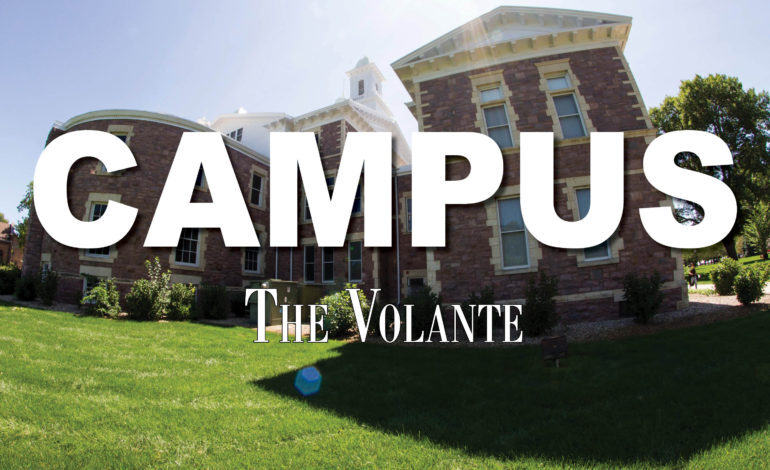
Environmental impact of COVID-19
While the world continues to fight against the spread of COVID-19, there is a more long-term battle continuing throughout the pandemic.
Climate change and recycling are not new concepts, but with a brand new world in the midst of the pandemic, environmentalists and others who are trying to be more eco-friendly are having to rethink what it means to live sustainably in this time of increased safety measures.
Stores like Hyvee are not allowing reusable shopping bags as a way to decrease the spread of COVID-19. Starbucks is no longer accepting reusable cups. These changes have a large impact on people making sustainable choices, Brigit Blote, a junior sustainability major, said.
“These things just aren’t safe right now,” Blote said. “Those small things that people kind of started getting into the practice of doing just stopped. Everyone is trying to prevent the spread of COVID. On top of that, you also have the new idea of masks.”
Blote said she was on social media and saw a campaign making sure people cut off the strings on disposable masks — to ensure if they end up in the ocean they do not get caught and harm animals. This is something she hadn’t even thought of, she said.
Using disposable masks is a great way to stop the spread of COVID-19, Blote said, but she encourages people to purchase reusable masks.
“We should be purchasing the ones that we can keep, keep using over and over and just wash, which is an awesome concept of sustainability,” Blote said.
Blote thinks about sustainability in long term and short term effects she said. While right now in the short term, the use of single serve plastics and waste isn’t great, she thinks there are more positive long term effects.
One of the more positive effects on the environment was in a decrease in air pollution out of China, Megan Jarchow, chair of the sustainability department, said.
China has seen a 10.8% decrease in damage of airborne particles between the months of January and July. Jarchow said while the decrease in air pollution is great, if steps are not taken, all the progress could be lost again as businesses reopen.
“One of the challenges is what do we do after the pandemic when things go back to normal,” Jarchow said. “If we just go back to how we were before, this will just be a tiny blip that doesn’t have a big effect. Our individual behaviors are extremely important. But there’s a lot of industrial business environmental impacts that are much bigger than some of these relatively small individual choices, so those changes have to come from an industry place.”
Watching how large companies have handled the pandemic, Blote said, has been really interesting. With most companies working remotely, Blote said there might be more people working from home after the pandemic has subsided. This, she said, could be a way to limit how much people travel for work.
“I think this for a lot of companies and big corporations, this has been kind of a big wake up call,” Blote said. “It’s been interesting to see how companies since pre-COVID have switched some of their mentalities and working practices. So many companies are able to work from home and they didn’t even realize it.”
Jarchow said to ensure this is not just a small blip, people have to individually decide they want to see a change. She said the environmental world has a lot of fear- and guilt-motivated campaigns; she, however, likes to think of sustainability as making the world a better place.
While disposable masks and plastic takeout boxes have a negative impact on the environment, Jarchow said she doesn’t want anyone to feel guilty about increasing plastic use during this time.
“Have self-compassion. The idea of sustainability is to make the world a better place,” Jarchow said. “Remind oneself that you are doing the best you can.”


